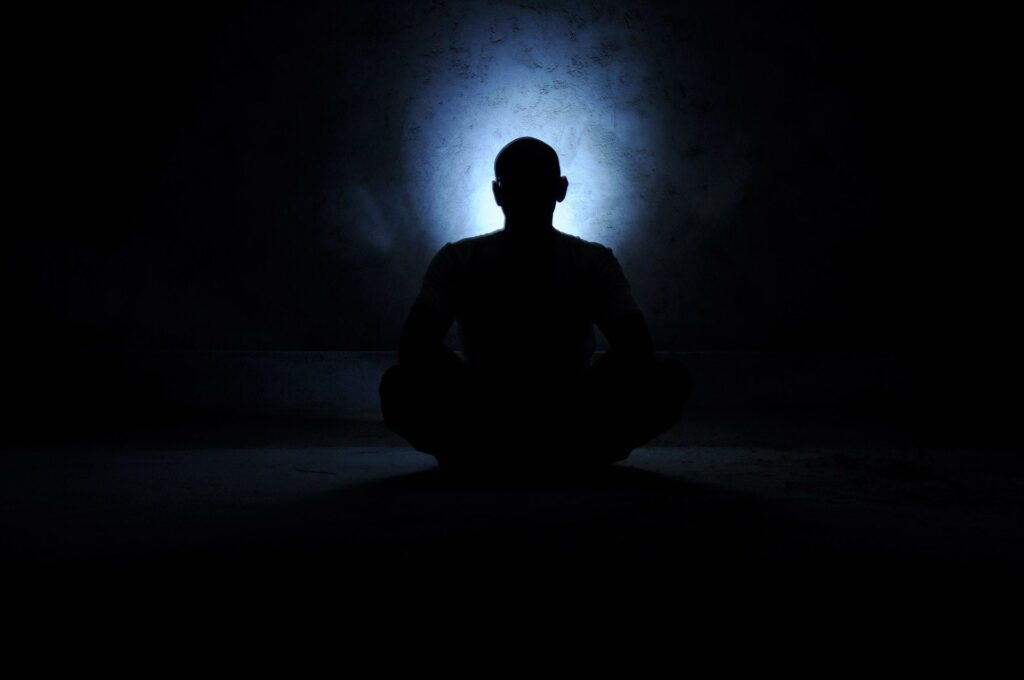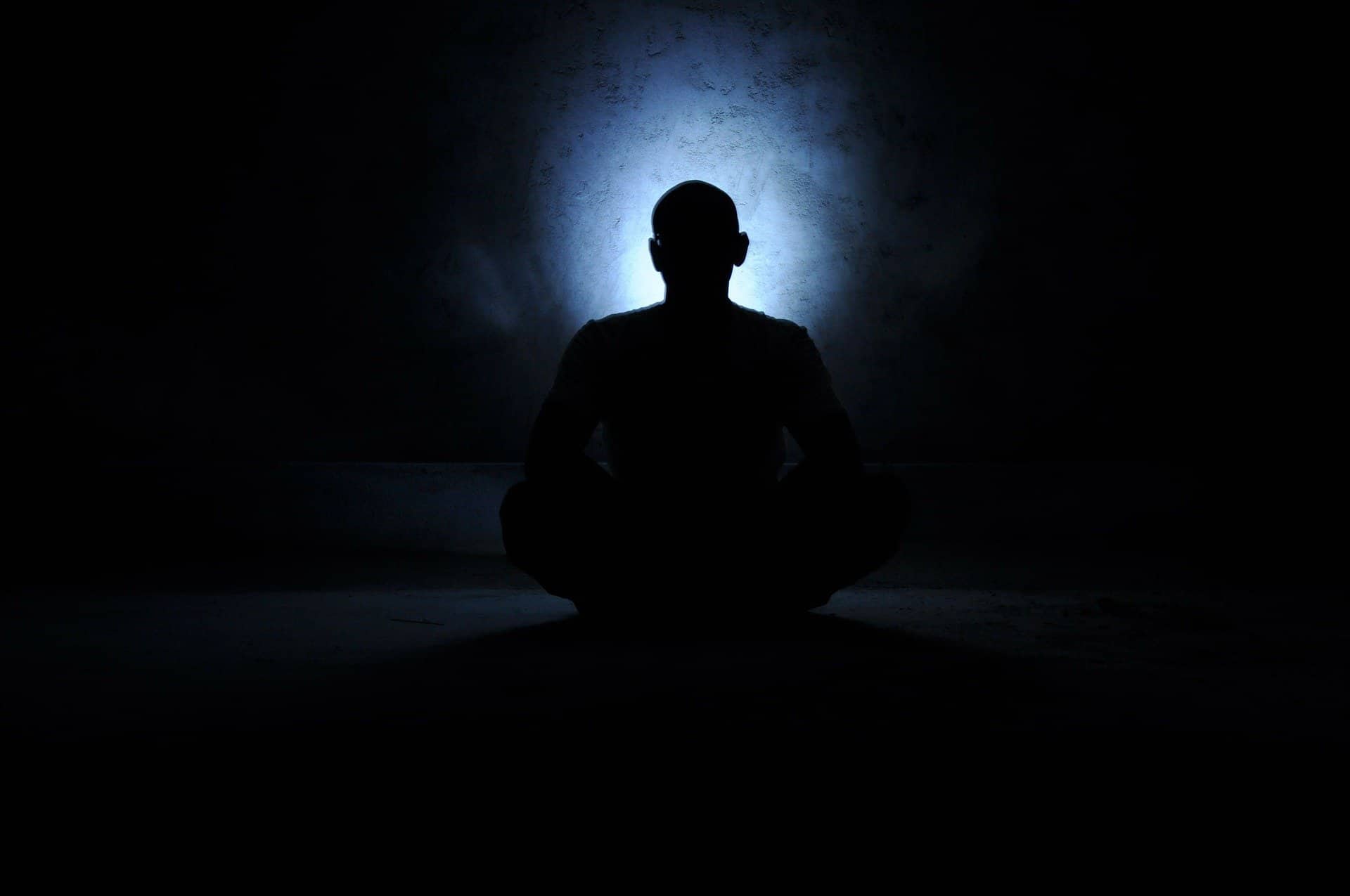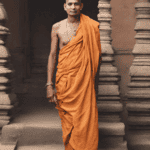Hinduism really has no single author taking everything into account. An author infers that somebody has brought into reality another confidence or detailed a lot of strict convictions, standards, and practices which were not existing previously. That can’t occur with confidence, for example, Hinduism, which is viewed as everlasting.
In contrast to different religions, Hinduism has nobody author except for is rather a combination of different convictions. Around 1500 B.C., the Indo-Aryan individuals relocated to the Indus Valley, and their language and culture mixed with that of the indigenous individuals living in the district.

Sacred and Scriptural Perspective
The antiquated sacred texts of India guarantee the religion is initially settled by God Himself (dharman tu saksad bhagavat pranitha). As indicated by the sacred texts, Hinduism is the religion of not simply people. Indeed, even divine beings and evil presences practice it. The Lord of the universe, Ishvara, is its source. He likewise rehearses it. Subsequently, Hinduism is God’s Dharma, brought down to the earth, similarly to the sacrosanct River Ganga, for the government assistance of the people.
From the scriptural perspective, this religion or dharma, shows after each creation by the desire of the Lord. After the present repetitive creation, the Supreme Lord Narayana taught the primary living element inside the universe, Brahma, in the issues of religion. Brahma thus taught this equivalent science to his child, Narada, who thus gave this information to his follower Vyasa Mahamuni. In this manner the antiquated religion has been passed down in a chain of disciplic progression straightforwardly from God for an incalculable large number of years.
Background and Origin
The advanced word “Hinduism” is a term grown around 700 years back by the Muslim intruders of India. There was a waterway by the name Sindhu, which was misspoke by the trespassers as Hindu. All individuals living past that stream, paying little heed to their strict convictions, were called as Hindus. Hence some may erroneously reason that it is conceivable to follow out the verifiable beginnings of the antiquated religion of India dependent on the recorded utilization of this word.
We should realize that in the antiquated “Hindu” sacred writings we won’t discover the word Hindu referenced even a solitary time, yet rather we will discover the words sanatana-dharma (unceasing religion), vaidika-dharma (religion of the Vedas), Bhagavata-dharma (religion of God), and so forth This dharma is ever new and everlasting. It is expressed in the Vedic sacred texts that at whatever point this message of dharma is lost, God Himself will manifest to restore it.
Hinduism and Hindu Gods
One manifestation of the Supreme was that of Lord Krishna, who seemed 5,000 years back to restore dharma by talking about the Bhagavad Gita on the front line of Kurukshetra.

1. Brahma
Its first instructors were Brahma, Vishnu, and Shiva. Brahma, the maker God uncovered the mystery information on the Vedas to divine beings, people, and evil presences at the start of creation. He likewise granted to them the mystery information on the Self, yet because of their own constraints, they comprehended it in their own specific manners.
2. Vishnu
Vishnu is the preserver. He saves the information on Hinduism through innumerable signs, related divine beings, perspectives, holy people, and soothsayers to guarantee the request and routineness of the universes. Through them, he additionally reestablishes the lost information on different Yogas or presents new changes. Further, at whatever point the Hindu Dharma decays past a point, he embodies upon earth to reestablish it and restore it’s overlooked or lost lessons. Vishnu epitomizes the obligations which people are required to perform upon the earth in their individual limit as householders inside their circles.
3. Shiva
Shiva also assumes a significant part in maintaining Hindu Dharma. As the destroyer, he eliminates the debasements and disarray that creeps into our hallowed information. He is additionally viewed as the all-inclusive instructor and the wellspring of different craftsmanship and move structures (Lalitakalas), Yogas, occupations, sciences, cultivating, agribusiness, speculative chemistry, enchantment, recuperating, medication, Tantra, etc.
Hence, similar to the spiritualist Asvattha Tree which is referenced in the Vedas, the foundations of Hinduism are in paradise, and its branches are spread out on earth. Its center is divine information, which oversees the lead of people as well as of the creatures in different universes with God going about as its maker, preserver, concealer, revealer, and removal of snags. Its center way of thinking (the sruti) is interminable, while its evolving parts (smriti) continue changing as per the time and conditions, and the advancement of the world. Containing in itself the variety of God’s creation, it stays open to all prospects, adjustments, and future revelations.
Hinduism and the Vedas
In the Vedic history, there are innumerable holy people who have come and proliferated the antiquated lessons found in the Vedic written works, however, none can be called as the organizer. Everyone was a follower of another master, and everyone was passing on similar information as had been instructed to him by his master. This is the Vedic framework.

This Vedic religion is consequently known as Sanatana dharma, or the “unceasing religion”, for it originates before all man-made originations of existence.
There is no originator, since everybody is above all else a follower. Dharma can’t be man-made, for it is characterized as the immediate guidelines of God – dharmam tu saksad bhagavat pranitha.
We ought not confound this sanatana dharma with any partisan strict confidence, for the genuine sanatana dharma is the very capacity of the spirit, as indistinguishable as liquidity from water.
The emergence of Other Religions
The local conventions and the individuals who rehearsed them passed by various names, yet not as Hindus. During the British occasions, all the local religions were assembled under the nonexclusive name, “Hinduism” to recognize it from Islam and Christianity and to get rid of equity or settle neighborhood debates, property, and expense matters. Along these lines, after autonomy, Buddhism, Jainism, and Sikhism were isolated from it by instituting laws. Accordingly, the word Hinduism was resulting from verifiable need and entered the protected laws of India through enactment.
Today, Hinduism incorporates all the local religions that started in India, including the ones that got wiped out, however barring Buddhism, Jainism, and Sikhism. Numerous common individuals and agnostics additionally pass by the name Hindu, since birth in a Hindu family qualifies anybody as a Hindu until the person energetically changes over to another religion or formally repudiates the religion. Carefully, Hinduism isn’t a religion, however a bin of religions since it has four organizations in particular Brahmanism, Vaishnavism, Shaivism, and Shaktism, which can be viewed as religions in themselves. Lately, it gave motivation to numerous New Age religions and a half and half conventions. ISKON is likewise a cutting-edge branch of Hinduism as it were. Since present-day Hinduism joined numerous ancestral and country convictions and practices it can’t simply be treated as a religion in the western sense however a socio-social wonder and a lifestyle based on the establishment of interminable qualities.

